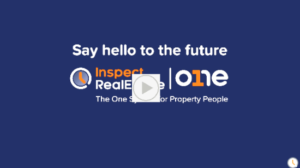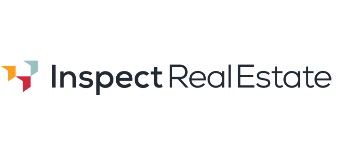How do I negotiate lease agreements with tenants in Australia?
But before you even get to the point of managing properties, you need to negotiate lease agreements with tenants. This can be a tricky process, but with a little bit of know-how and some best practices, you can confidently navigate these negotiations and secure the best deal for both yourself and your tenants.
Learn more about IREOne
Real Estate Software for New Agencies
It’s important to be transparent and clear in your communication with potential tenants. This means setting out all the terms and conditions of the lease upfront, including the rent amount, length of the lease, and any restrictions or obligations the tenant may have.
Next, it’s essential to be flexible. This means being open to negotiation on certain terms, such as the length of the lease or the inclusion of certain amenities. By showing that you are willing to work with the tenant, you are more likely to come to a mutually beneficial agreement.
It’s also crucial to consider the current market conditions and what similar properties in the area are renting for. By staying competitive and fair in your pricing, you are more likely to attract and retain tenants.
Another key aspect to consider is the condition of the property. If you are willing to invest in upgrades or repairs to make the property more appealing to tenants, this could be a negotiating point.
Finally, it’s essential to get everything in writing. This includes the terms of the lease, any negotiations or agreements made, and the tenant’s contact information. A written lease protects both parties and ensures that there is a clear understanding of the terms of the agreement.
Negotiating lease agreements with tenants doesn’t have to be a stressful process. By being transparent, flexible, and well-informed, you can confidently secure the best deal for both yourself and your tenants.
And don’t forget, if you’re looking for top-quality property management software to help run your real estate agency, be sure to check out the Inspect Real Estate IREOne Start-Up Package. And if you’d like to see a demo of our software in action, just fill out the form below to book a demo.
IRE Powers Top Real Estate Agencies
Starting up a new agency & need software?
IREOne is perfect for startup agencies.
Book a FREE consultation now
Frequently Asked Questions
How do I determine the rent for a property I want to lease in Australia?
There are several factors to consider when determining the rent for a property you want to lease in Australia. These include:
- The location of the property
- The size and condition of the property
- The demand for rentals in the area
- The going rate for similar properties in the area
- It’s a good idea to research the rental market in your area and compare your property to similar ones in the area to get a sense of what you can reasonably charge.
Can I negotiate the length of a lease agreement with a tenant in Australia?
Yes, you can negotiate the length of a lease agreement with a tenant in Australia. Some landlords prefer to offer short-term leases (e.g. six months), while others prefer longer-term leases (e.g. one year or more).
Is it legal to include certain provisions in a lease agreement in Australia?
Yes, there are certain provisions that can be included in a lease agreement in Australia. However, it’s important to ensure that these provisions are fair and do not contravene any laws or regulations. For example, it is not legal to include a provision in a lease agreement that discriminates against a tenant on the basis of their race, religion, gender, sexual orientation, or any other protected characteristic.
Can a tenant negotiate the terms of a lease agreement in Australia?
Yes, a tenant can negotiate the terms of a lease agreement in Australia. However, the landlord has the final say on whether or not to accept any changes or modifications to the agreement. It’s important for both parties to communicate openly and honestly and to try to come to an agreement that is fair and mutually beneficial.



